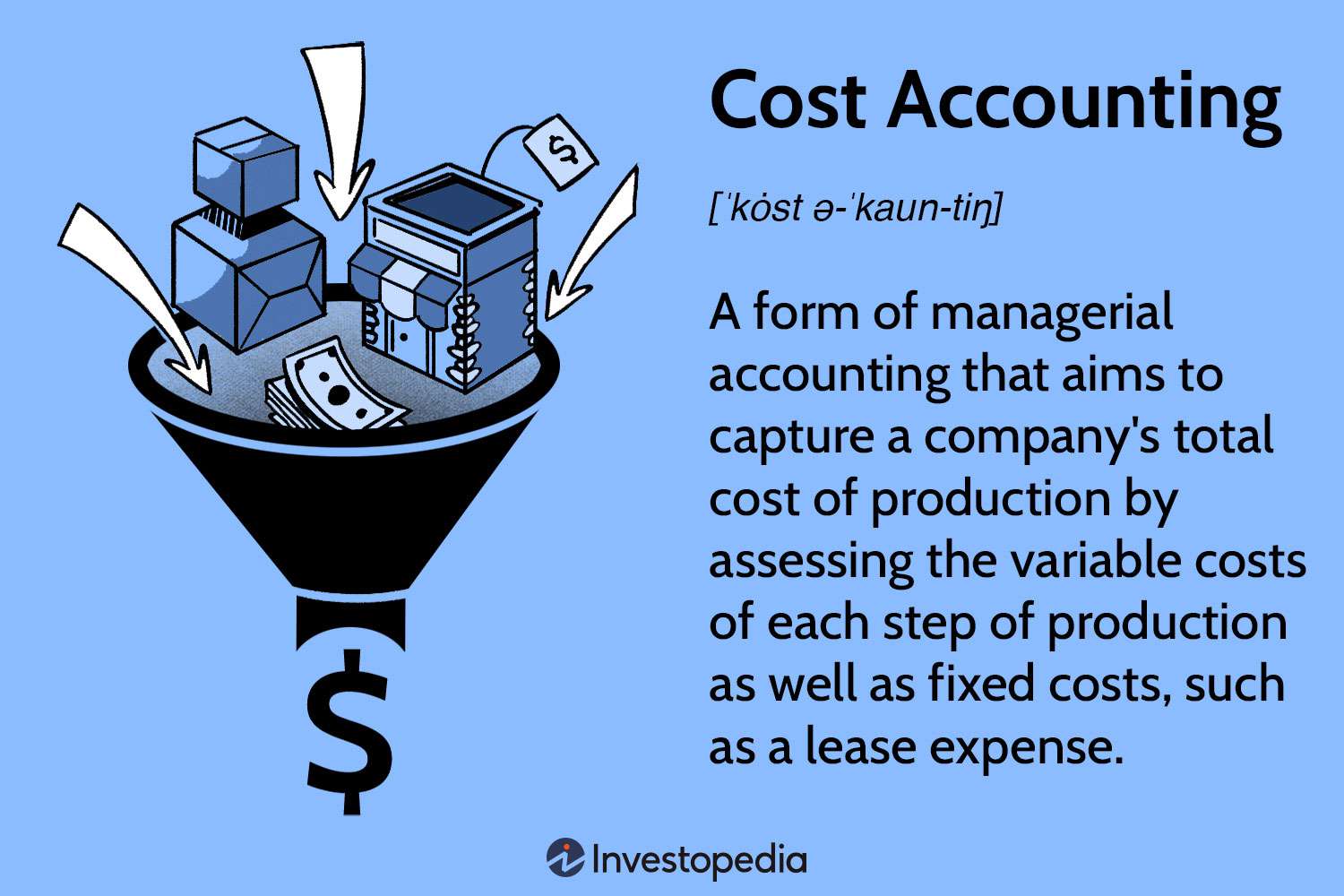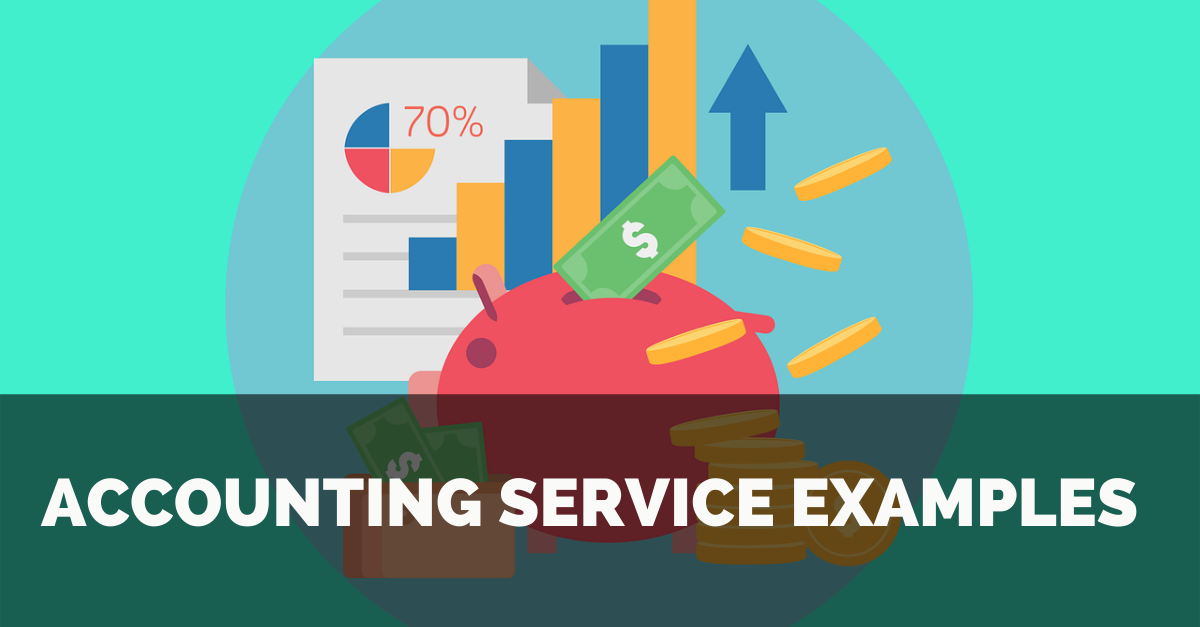How Much Are Accounting Fees in Australia?
Understanding the Costs of Accounting Services
1. Factors Influencing Accounting Fees
When seeking accounting services in Australia, it is essential to understand the factors that influence the fees charged by accounting firms. The following elements are typically taken into consideration when determining accounting fees:
2. Type of Accounting Service
The type of accounting service required plays a significant role in determining the fees. Different accounting services have varying levels of complexity and time commitment. Some common accounting services include:
Bookkeeping: Bookkeeping involves maintaining financial records, reconciling bank statements, and organizing transactions. As it requires regular maintenance, bookkeeping fees are often charged on a monthly or hourly basis.
Tax Preparation: Tax preparation services involve preparing and filing tax returns for individuals and businesses. The complexity of the tax return, the number of income sources, deductions, and the entity type affect the fees charged by accountants.
Financial Statements and Reporting: Preparing financial statements, such as balance sheets, income statements, and cash flow statements, requires a thorough understanding of accounting principles. The complexity of these statements and the size of the business impact the fees.

How much are accounting fees Australia?
Auditing and Assurance: Auditing services involve examining financial records and statements to ensure accuracy and compliance. The complexity of the audit, the size of the business, and the industry sector influence the fees charged.
3. Experience and Expertise
The experience and expertise of an accountant or accounting firm play a significant role in determining the fees. Accountants with specialized knowledge or certifications may charge higher fees due to their additional qualifications. Experienced accountants who have been in the industry for a longer time often charge higher fees because of their extensive knowledge and skills.
4. Time and Effort Required
The amount of time and effort required to complete the accounting work affects the fees. Complex tasks that require extensive analysis, research, and data gathering will generally result in higher fees. Conversely, routine tasks that can be completed quickly will have lower fees.
5. Firm Size and Location
The size of the accounting firm and its location can influence the fees. Large accounting firms often have higher overhead costs, such as office space and employee salaries, which can be reflected in their fees. Additionally, accounting fees may vary depending on the location due to differences in the cost of living and market demand for accounting services.
Understanding the Fee Structure
1. Hourly Rates
One common way accountants charge for their services is through hourly rates. The hourly rate varies depending on the complexity of the task, the experience of the accountant, and the location. Hourly rates can range from $80 to $300 or more per hour, depending on these factors.
2. Fixed Fees
Some accounting firms offer fixed fees for specific services, such as tax preparation or bookkeeping. These fixed fees are predetermined and provide transparency to clients, allowing them to know the exact cost of the service before engaging the accountant.
3. Value-Based Fees
Value-based fees are determined by the value of the service provided to the client. This approach takes into account the benefits and outcomes that the accounting services can generate for the client’s business. The fees are set based on the perceived value rather than the hours spent on the work.

4. Retainer Fees
In some cases, clients may engage accounting firms on a retainer basis. Retainer fees are paid in advance and provide ongoing access to the accounting services as needed. This arrangement can be beneficial for businesses requiring regular accounting support and advice throughout the year. For CBD tax accounting services see here.
Comparing Accounting Fees
When considering accounting fees in Australia, it is important to compare prices among different firms to ensure you are getting a fair and competitive rate. Here are some tips for comparing accounting fees:
1. Obtain Multiple Quotes
Reach out to several accounting firms and request detailed quotes for the services you require. Make sure the quotes include a breakdown of the services provided and the associated costs. This will allow you to compare the fees accurately.
2. Consider the Services Included
When comparing accounting fees, it’s crucial to consider the services included in the package. Some firms may offer additional services, such as business advisory or financial planning, which could justify higher fees. Evaluate the value you will receive from the services offered to make an informed decision.
3. Assess Reputation and Quality
While it’s important to consider the fees, don’t solely base your decision on price. Take into account the reputation and quality of the accounting firm. Look for client reviews, testimonials, and ask for references to ensure the firm has a track record of delivering reliable and accurate accounting services.
4. Consider Long-Term Benefits
Accounting services play a crucial role in the financial health and success of your business. While it may be tempting to choose the cheapest option, consider the long-term benefits that a reputable and experienced accounting firm can provide. Their expertise and strategic advice can potentially save you money and help your business grow.
Additional Factors to Consider
1. GST and Additional Costs
When discussing accounting fees, it’s important to clarify whether the quoted price includes Goods and Services Tax (GST). Additionally, inquire about any potential additional costs, such as software subscriptions or disbursement fees, which may not be included in the base fee.
2. Negotiation and Flexibility
Accounting fees are not always set in stone. Some firms may be open to negotiation, especially if you require multiple services or have a long-term partnership in mind. Don’t hesitate to discuss your specific needs and budget with the accounting firm to explore options for a mutually beneficial arrangement.
3. Communication and Accessibility
Accounting services often require ongoing communication and collaboration. Ensure that the accounting firm you choose offers accessible and responsive communication channels. Clear lines of communication will facilitate a smooth working relationship and ensure that your financial needs are met promptly.
Conclusion
Accounting fees in Australia can vary based on several factors, including the type of service, the experience of the accountant, the time and effort required, and the size and location of the accounting firm. It’s essential to obtain multiple quotes, assess the services provided, and consider the reputation and quality of the firm. Remember to weigh the long-term benefits and potential cost savings that an experienced accounting firm can offer. By carefully considering these factors, you can make an informed decision and find an accounting firm that meets your needs while providing value for your investment.






























